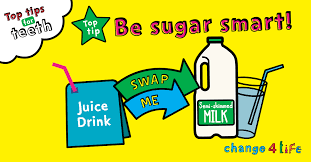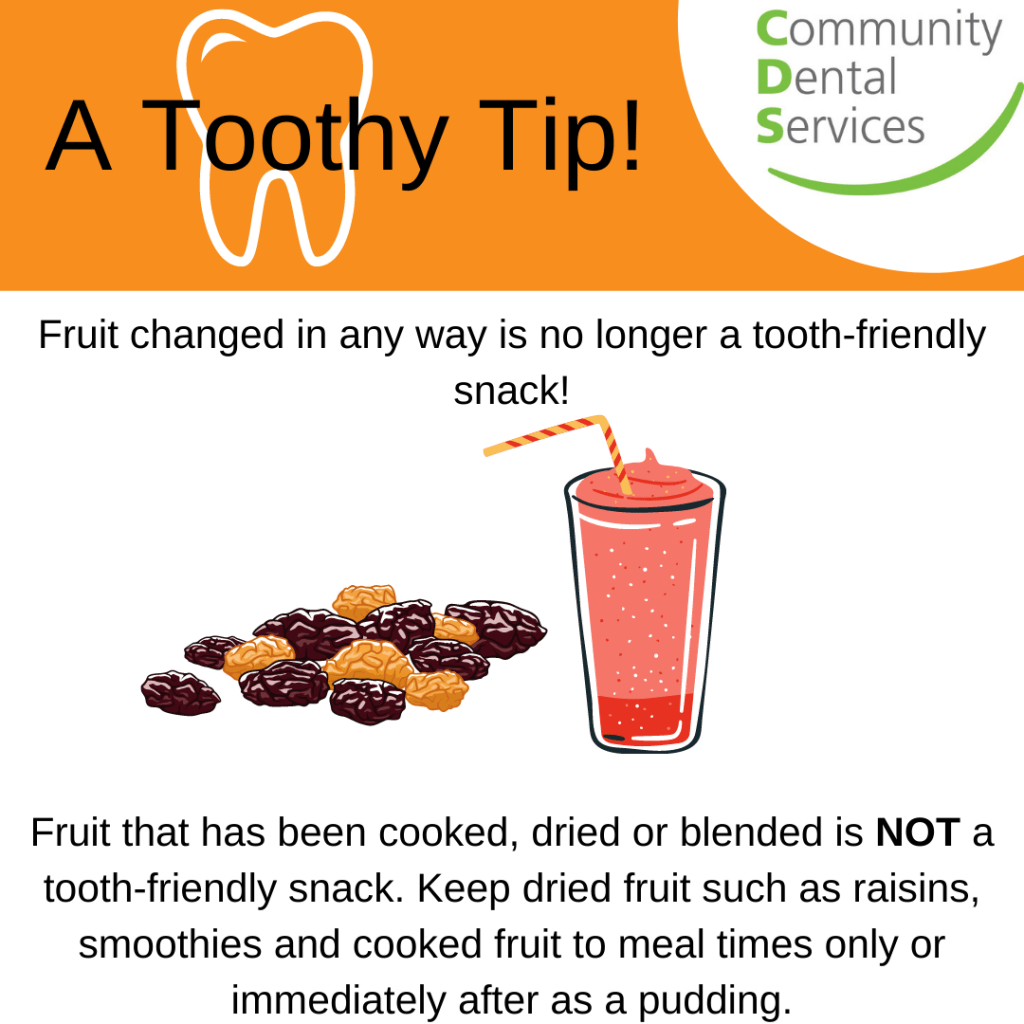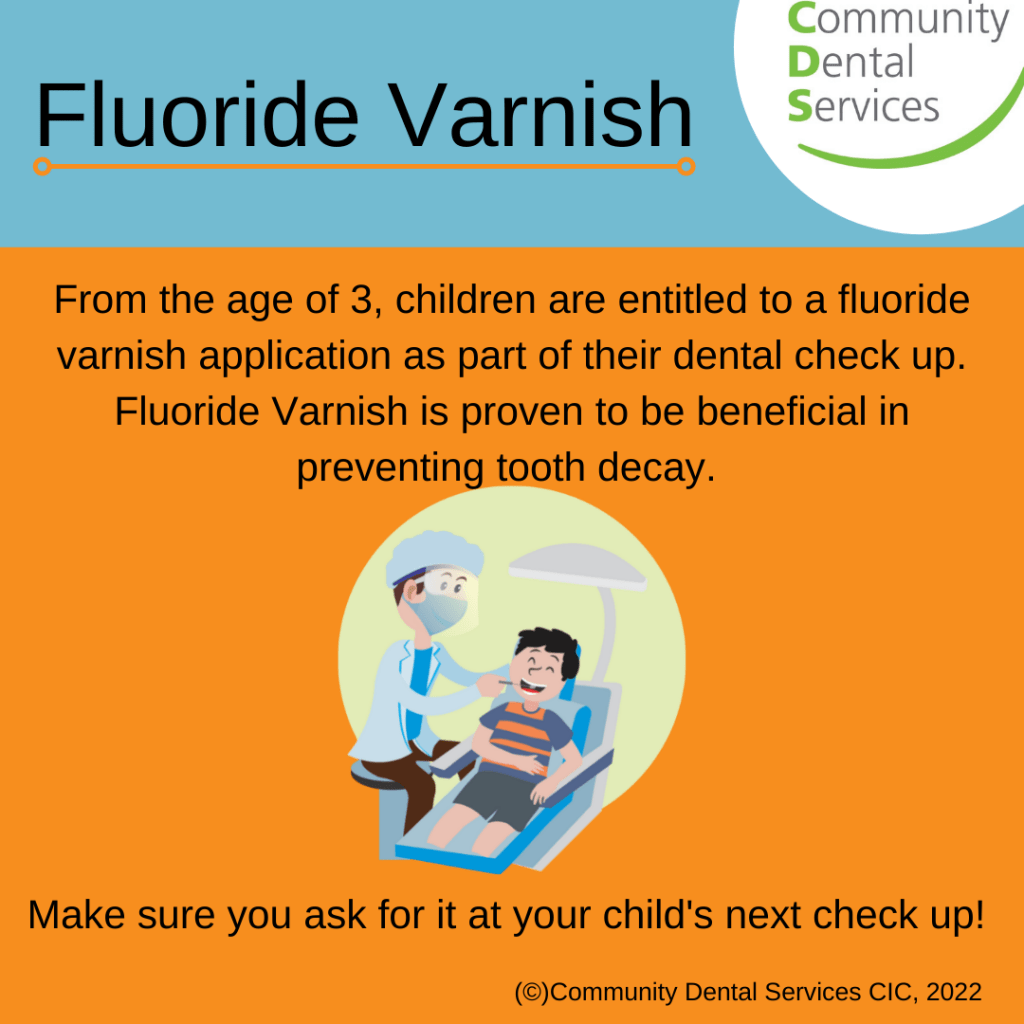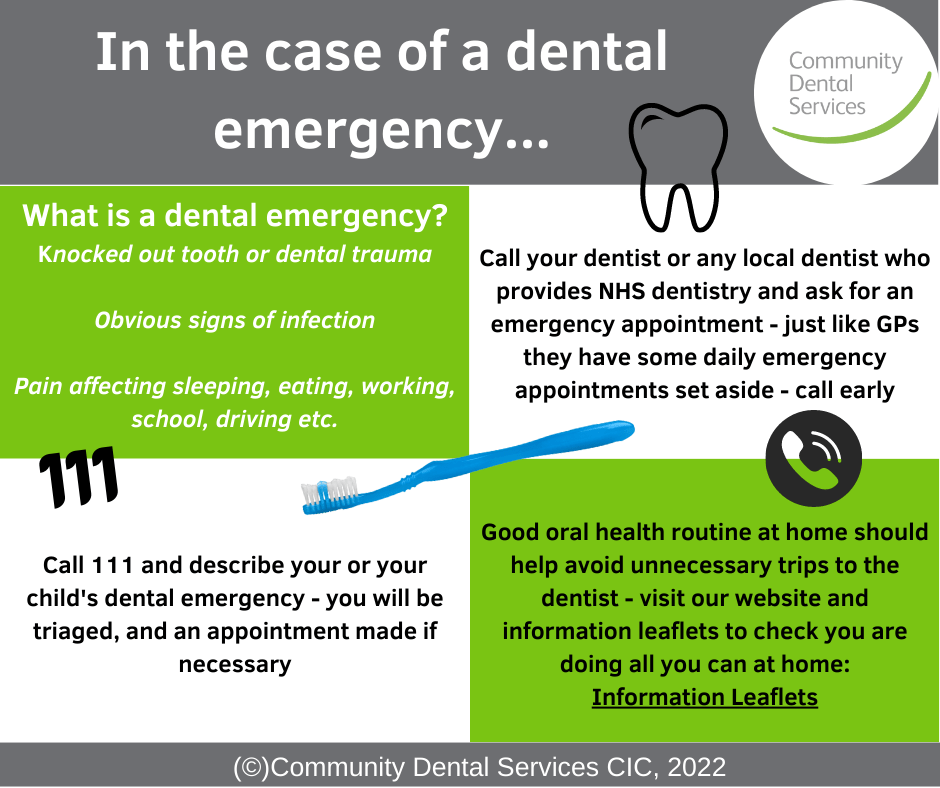Oral Health
At Wheatley Nursery School we strive to raise awareness of the importance of good oral health for children.
We accept that every contact helps in the promotion of improving outcomes for all children and that no one agency takes sole responsibility in tackling oral health challenges. We know that in Oxfordshire, 28% of 5 year olds have decay, missing or filled teeth. Therefore, our role reducing poor dental health is important.
accept that every contact helps in the promotion of improving outcomes for all children and that no one agency takes sole responsibility in tackling oral health challenges. We know that in Oxfordshire, 28% of 5 year olds have decay, missing or filled teeth. Therefore, our role reducing poor dental health is important.
Poor dental health impacts children and families
Poor dental health impacts not just on the individual’s health but also their wellbeing and that of their family. Children who have toothache or who need treatment may have pain, infections and difficulties with eating, sleeping and socialising.
Children who have toothache or who need treatment may have to be absent from school and parents may also have to take time off work to take their children to a dentist or to hospital.
Oral health is therefore an important aspect of a child’s overall health status and of their school readiness…
Every child who has teeth is at risk of tooth decay, but the risk increases for those living in the more deprived areas where the imbalance in income, education, employment and neighbourhood circumstances affect the life chances of children’s development.
Supporting Oral Health at Wheatley Nursery School
- All snacks provided at Nursery are ‘tooth friendly.’
- Any food or drink containing high levels of sugar will be restricted and are only provided on a limited basis, for example when linked to important celebrations as part of traditions or because of a child’s specific dietary need.
- Snack provision is used to promote healthy choices and widen the variety of foods tried by the children. Our focus on gardening throughout the year seeks to engage interest in eating and trying new seasonal foods. We gently encourage children to revise past attitudes about particular foods when socially eating with their peers.
- Where possible cooking and snack times will coordinate with the planned provision to talk about and explore seasonal fruit and vegetables through touch, taste and smell. Children will be first encouraged to try these foods in their raw natural form.
- Regular planning will include appropriate content to promote teeth brushing and healthy tooth friendly eating routines and choices.
- Children are given only milk or water to drink throughout the day. Children will be encouraged to drink from a free-flowing cup as soon as they are physically able.
- Children bring their own lunch and parents are regularly advised on what consists of a healthy pack up, including limiting amounts of and restricting sugary snacks to meal times only.
- During lunch times children are taught about which foods are the ‘tooth friendly’ choices and guided to eat those first. Filling up on healthy choices before any foods that have a high sugar content.
- Parents are given information throughout the year to promote good oral health.
Additional Information for parents:
How Much Sugar? Information on how much sugar a child should eat and when is best to eat it from the Community Dental Service.
https://communitydentalservices.co.uk/wp-content/uploads/2019/07/How-much-sugar.pdf
NHS Change 4 life website: Food smart tips for sugar smart swaps. Make your food tooth friendly.

https://www.nhs.uk/change4life/food-facts/sugar#3YHevYFWiJI0hPfV.97
NHS Find a dentist site – type in your postcode to find a dentist accepting NHS patients
https://www.nhs.uk/service-search/find-a-Dentist

Children’s oral health frequently asked questions, including information on children that won’t spit out toothpaste, dummy’s and supporting children with additional needs.
https://communitydentalservices.co.uk/oral-health/oral-health-faqs/

BSPD has lined up a great team to help make toothbrushing fun for families. Meet Dr Ranj, Hey Duggee, CBeebies and Brush DJ. Choose a video and be inspired to look after your teeth!
https://www.bspd.co.uk/kidsvids
Do dummies affect speech?
The use of dummies, also called pacifiers or comforters, is a common practice in many countries.
Advantages
For many families, the most important advantage of the use of dummies is their role in helping babies settle down to sleep or to soothe them. Some studies show that dummies can help establish good sucking patterns in very young babies, especially those born prematurely.
Several research projects have begun looking at a correlation between dummy sucking and Sudden Infant Death Syndrome (SIDS), and whether using a dummy lowers the risk of SIDS. This area of investigation is very new and SIDS support organisations do not recommend the use of dummies as a preventative measure.
Disadvantages
There are a few suggested disadvantages:
- Stopping breast-feeding early – however research in this area is undecided;
- Increased risk of middle ear infections (otitis media/glue ear);
- Increased risk of dental problems and crooked teeth if used beyond age three.
Development of speech
There is some evidence to suggest that frequent dummy use in the daytime may affect young children’s speech sound development. Common sense would suggest that having something in their mouths will make babies and toddlers less likely to babble and experiment with sounds, both of which are important for the development of speech. However, current evidence suggests that any speech sound errors associated with dummy use do clear up as children get older.
Advice for Parents & Carers
There is a lot of confusing advice available about the use of dummies and it is important to be aware of the range of arguments.
Dummies can be useful in settling young babies and encouraging strong sucking patterns, but their specific usefulness declines after a developmental age of about six months. It may also be advisable to restrict dummy use to night time where possible.
However, there is no strong evidence that dummy use will impact the development of speech skills in young children. There is useful advice and tips on reducing dummy use here.



